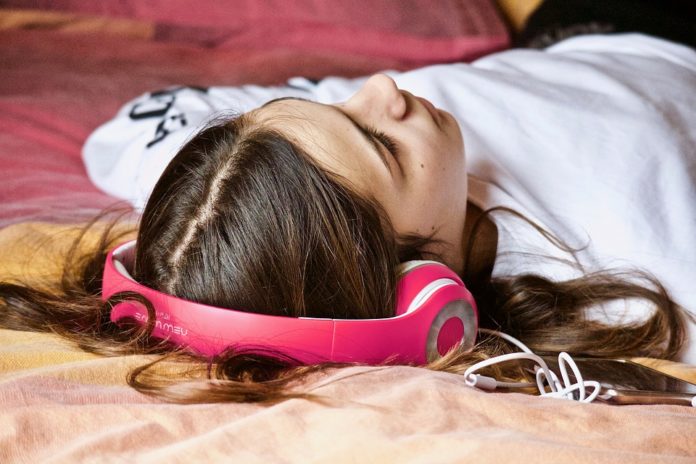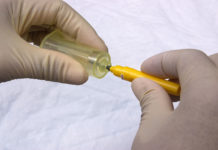
Pairing music and painkillers improves pain and inflammation by 70-90%, finds a study
New research has found that pairing music and painkillers – with one of four selected pain medications – offered a promising complementary strategy to treat pain.
The pain medication particularly, the ibuprofen-music pair improved analgesic outcomes in an inflammation pain mouse model by more than 90 percent.
The results of the study were published in the journal Frontiers in Neurology.
When paired with music, ibuprofen reduced pain responses in the inflammation pain model by 93 percent, as compared to the drug alone
The therapeutic effect of music has been previously found to be beneficial in patients with epilepsy.
The researchers evaluated this new strategy of pairing music with one of the four selected painkillers in mice using an inflammatory pain model and one that mimics surgical pain. One group of mice was exposed to ambient noise while the music-intervention group listened to three three-hour segments of Mozart for 21 days.
The study was conducted to explore pairing music with ibuprofen (25 mg/kg), cannabidiol (100 mg/kg), levetiracetam (400 mg/kg) and the galanin analog NAX 5055 (4 mg/kg).
Both the control and music groups received one suboptimal dose (less than the therapeutic dose) of each drug to evaluate the analgesic effect of music in the pain models.
When paired with music, ibuprofen reduced pain responses in the inflammation pain model by 93 percent, as compared to the drug alone. In addition, music and cannabidiol or NAX 5055 reduced swelling by 21 and 9 percent, respectively in the inflammatory pain model. Music alone also reduced pain by 77 percent in the surgical pain model.
This study adds to the growing evidence that music interventions can alleviate pain when administered either alone or in combination with other therapies.
The study did not explore pain caused by nerve injury (neuropathic pain) or the effect of music volume and duration.
“If we could package music and other nonpharmacological therapies into mobile apps and deliver them with drugs and it works, it will be better than drugs alone,” said lead author Grzegorz Bulaj, Ph.D., associate professor in Medicinal Chemistry at U of U Health. “It is exciting to find new ways to improve pain treatments.”








[…] fact, a recent study published in medical review journal Frontiers in Neurology showed that painkillers were ninety […]
Comments are closed.